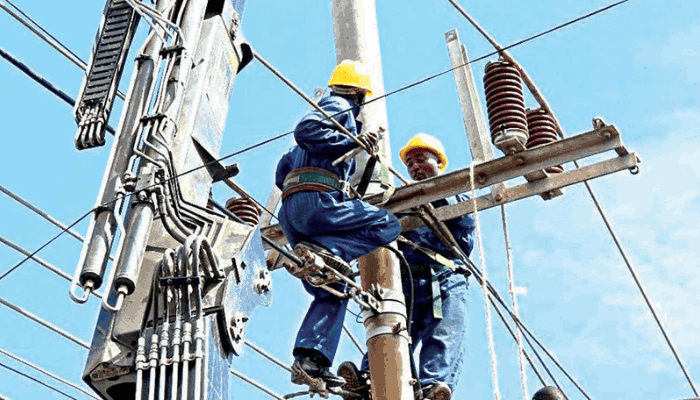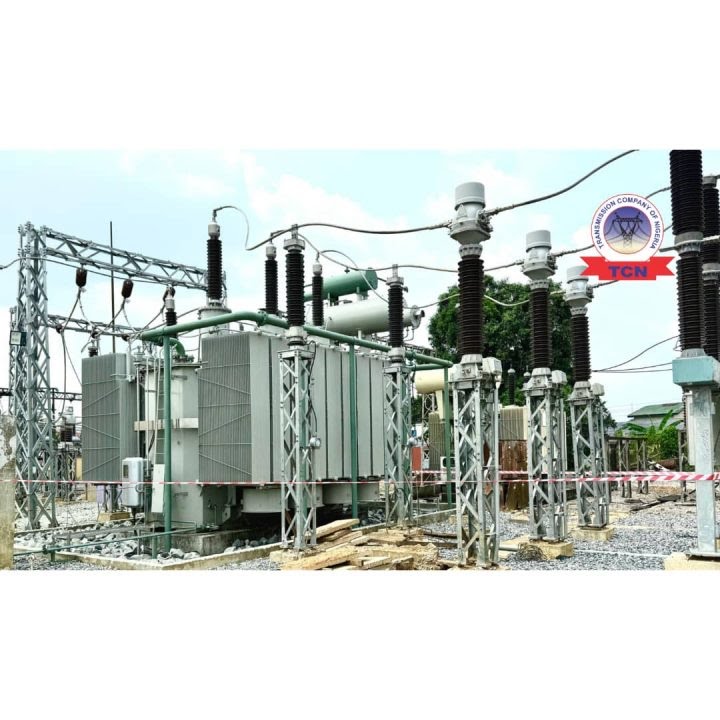
Electricity Workers’ Strike Threatens Nationwide Blackout in Nigeria
- Nigeria News
- 25.09.2025
- No Comment
- 10
Electricity Workers’ Strike Threatens Nationwide Blackout in Nigeria
This industrial action comes amid ongoing challenges in Nigeria’s power sector, which has been marred by low generation capacity, poor infrastructure, and repeated labour unrest despite years of privatisation and government interventions.
The union explained that the strike became inevitable following the expiration of an ultimatum issued to TCN. According to NUEE, the Transmission Company of Nigeria failed to address critical concerns regarding poor staff welfare, non-provision of essential tools, and disregard for workers’ rights.
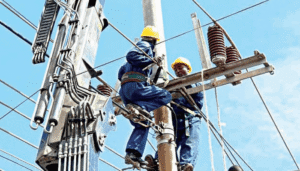
“Unfortunately, the TCN management has decided to handle these issues with kid gloves and with a lack of regard for the hardworking staff of TCN,” the notice read in part.
NUEE added, “We cannot continue to fold our arms while we watch our rights being violated and the Nigerian Electricity Supply Industry going down the drain. To this end, the Union is compelled to withdraw its services.”
- Implementation of the National Minimum Wage for all electricity sector workers.
- Ending the casualisation of workers in the sector.
- Provision of essential working tools and materials to staff.
- Immediate payment of staff salaries owed since April 2025.
- Provision of operational vehicles for staff nationwide.
- Supply of Personal Protective Equipment (PPE), last provided in 2021.
- Resolution of issues arising from the unbundling of TCN.
- Settlement of outstanding retirement benefits owed to workers.
The directive issued by NUEE takes immediate effect and mandates total compliance from all electricity workers across the country, raising concerns over an imminent nationwide blackout.
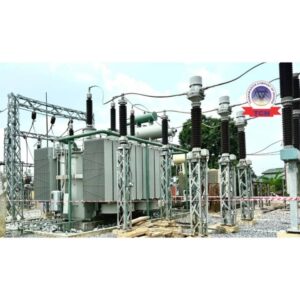
The situation mirrors a previous shutdown by NUEE in June 2024, which crippled power supply across many states and forced the Federal Government into emergency negotiations to restore electricity.
The strike also coincides with repeated government promises to reform the power sector. Over the years, Nigeria’s electricity industry has struggled with low generation capacity, outdated infrastructure, and inadequate investment. Labour unrest, such as this strike, further compounds the challenges facing the sector.
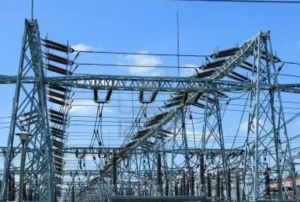
Although the government has embarked on various initiatives to improve power generation and transmission, including privatisation and regulatory reforms, implementation has been slow and often undermined by administrative bottlenecks and Channels Television
https://www.channelstv.com
Femi Otedola Increases Stakes In First HoldCo, Acquires ₦1.21bn …
Socially, prolonged power cuts disrupt essential services such as healthcare, water supply, security systems, and education. Students, for instance, may find it difficult to study at night, while hospitals could face challenges in powering critical life-support equipment.
In the long run, recurring strikes in the power sector erode public confidence in government policies and discourage foreign investment in Nigeria’s energy industry.
The NUEE strike highlights the deeper structural challenges within Nigeria’s power sector. Without urgent reforms and investment in infrastructure, even the best labour agreements may only provide temporary relief.

